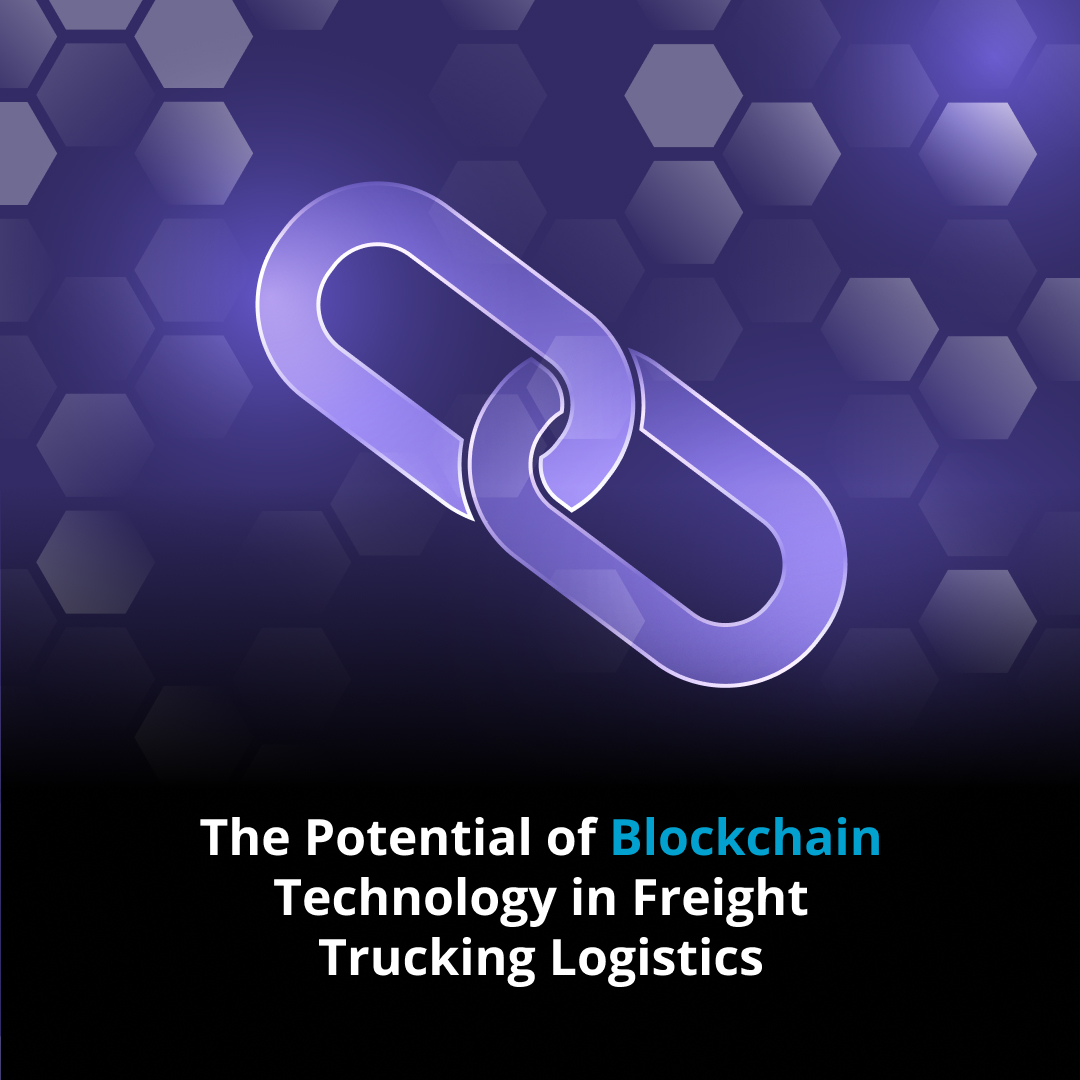
The Potential of Blockchain Technology in Freight Trucking Logistics
In recent years, blockchain technology has emerged as a transformative force across various industries, and logistics is no exception. The freight trucking sector, a vital component of global trade, is facing numerous challenges that can be addressed through blockchain integration. This article explores the possibilities and benefits of utilizing blockchain technology in the context of freight trucking logistics, offering insights into its potential applications and advantages.
Enhancing Transparency and Traceability: Blockchain’s decentralized and immutable ledger system can revolutionize the way logistics companies track and trace shipments. By recording every step of the supply chain on the blockchain, stakeholders can access real-time data, ensuring transparency and visibility. This feature enables shippers, carriers, and customers to verify the status and location of goods, reducing the chances of fraud, theft, and unauthorized tampering.
Smart Contracts for Automated Operations: Smart contracts, self-executing agreements built on blockchain, can streamline and automate various processes in freight trucking. These contracts can trigger automatic payments, validate delivery conditions, and enforce compliance with predefined terms, eliminating the need for intermediaries and reducing paperwork. As a result, transactions can be executed faster, leading to improved efficiency and cost savings.
Secure Data Sharing and Collaboration: Freight trucking involves multiple parties, such as shippers, carriers, drivers, and regulatory authorities, exchanging critical information. Blockchain’s cryptographic techniques enable secure data sharing while maintaining privacy. This eliminates the risk of data breaches and unauthorized access, fostering better collaboration and trust among participants in the logistics ecosystem.
Supply Chain Optimization: Blockchain technology enables the collection and analysis of vast amounts of data from various points in the supply chain. By leveraging this data, logistics companies can identify inefficiencies, bottlenecks, and areas for optimization. Data-driven insights can lead to more informed decision-making, route optimization, and better resource allocation, ultimately improving overall operational efficiency.
Compliance and Regulatory Benefits: Compliance with regulatory requirements is a significant concern in the freight trucking industry. Blockchain’s tamper-resistant nature ensures that important documents, such as permits, licenses, and certifications, remain unaltered and verifiable. This can simplify compliance procedures and reduce the risk of penalties or delays due to non-compliance.
Improved Asset Tracking: In freight trucking, tracking and managing assets like trucks, containers, and trailers are crucial for efficient operations. Blockchain-powered asset tracking systems can provide real-time location data, maintenance history, and ownership records. This information aids in optimizing asset utilization, reducing downtime, and enhancing fleet management.
The integration of blockchain technology in freight trucking logistics offers numerous advantages, including enhanced transparency, automation, secure data sharing, supply chain optimization, and compliance benefits. While challenges such as implementation costs and industry-wide adoption remain, the potential long-term benefits justify exploring blockchain’s application in the logistics sector. As the technology continues to mature, it has the potential to revolutionize the way goods are transported, making freight trucking more efficient, secure, and cost-effective. As stakeholders in the logistics industry recognize and harness these opportunities, we can expect a brighter and more streamlined future for freight trucking logistics.





